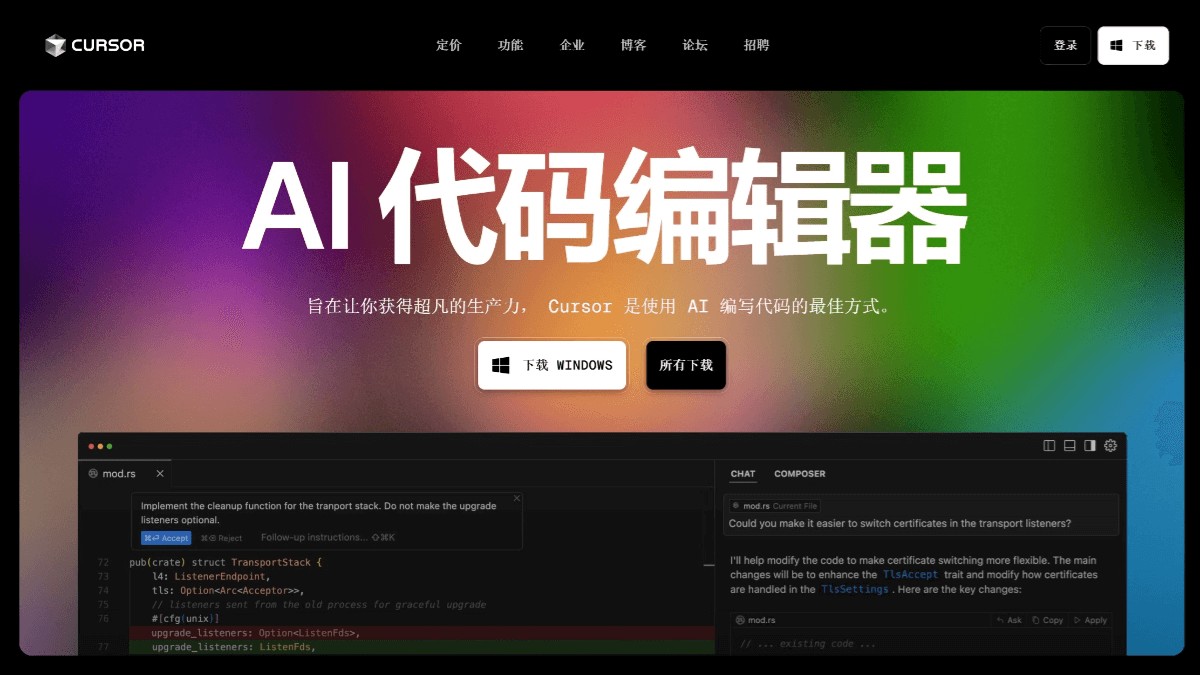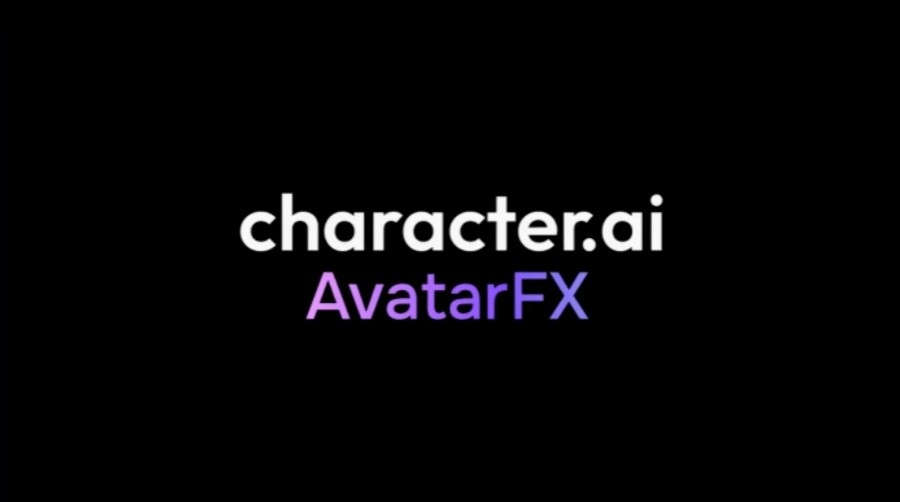
2024 is widely regarded as a breakthrough year for artificial intelligence and agent application experiments, and with the rapid development of technology, 2025 is widely predicted to be the "Year of the AI Agent." In this year, artificial intelligence will no longer be just a tool. It will become an intelligent agent in human daily life and work, deeply integrated into all walks of life, and promote profound changes in society and the economy.
A new definition of AI agent
"AI agents" refer to intelligent systems that can understand, analyze and perform tasks. They are not limited to performing preset tasks, but can also make decisions in complex situations and simulate certain aspects of human thinking. By 2025, with the advancement of natural language processing, machine learning, deep learning and automation technology, AI agents will be able to actively help humans solve problems, make personalized recommendations, optimize daily tasks, and autonomously perform complex decisions in a variety of situations .
This change indicates that AI will no longer be just a passive response tool, but can actively replace humans in performing certain tasks, managing work processes, providing decision support, and even directly participating in creative work. In the future work environment, AI agents will collaborate with humans to drive productivity and innovation, reduce costs, and improve customer experience.
Application scenarios of AI agents
In 2025, AI agents will demonstrate their strong application potential in multiple fields:
Enterprise management and automation : AI agents will be able to help enterprises automatically handle a large number of daily tasks, such as customer service, financial analysis, market research, supply chain management, etc. Many repetitive tasks will be completed by intelligent agents, allowing employees to spend more time on innovation and decision-making.
Personal life and productivity : AI will become an all-round assistant in personal life, handling daily affairs, arranging schedules, reminders, booking travel, and even optimizing home management and shopping decisions based on the user's preferences. In addition, AI will also participate in health management, provide personalized health advice, track physical conditions, and assist in preventive medical care.
Medical care and education : In the medical field, AI agents will play the role of virtual doctors, helping to diagnose diseases, recommend treatment plans, and even perform remote surgeries. In the field of education, AI will provide students with customized learning plans, provide real-time feedback on learning progress, and support the personalized development of online education.
Collaboration in creative industries : The emergence of AI agents will greatly broaden the boundaries of creative industries. In fields such as design, music creation, and writing, AI will collaborate with artists and creators to jointly produce new art forms and works. Through machine learning and data analysis, AI is able to capture and generate new trends and styles.
Challenges and opportunities brought by AI agents
While the potential of AI agents is huge, it also brings many challenges. First, the popularization of AI technology will promote the transformation of the labor market, and many traditional jobs may be threatened. How to ensure employment and improve the skill level of workers in the context of technological change will be an urgent problem for the global society.
Second, as AI agents become more and more integrated into daily life and work, data privacy and security issues will become particularly important. How to ensure the security of personal data in AI systems and avoid misuse and abuse is still a key issue that needs to be solved by technology development and regulatory systems.
However, AI agents also bring unprecedented opportunities to human society. It will accelerate digital transformation, promote innovation in various industries, and promote economic development. In addition, the application of AI will make up for the shortage of talents in many fields, especially in the fields of medical care, education, scientific research and other fields, bridging the demand for professional knowledge and the lack of actual talents.
Looking to the future
With the continuous development of artificial intelligence technology, 2025 will undoubtedly become an important milestone for the maturity of AI agent technology. Whether in business, education, medical or personal life, AI agents will virtually change the way we work and live. In the face of this change, global enterprises, governments and individuals need to maintain keen insight and actively adapt to and meet this new era full of challenges and opportunities.
With the support of AI technology, the future has arrived, and 2025 will be the year when artificial intelligence agents bring about comprehensive transformation.



